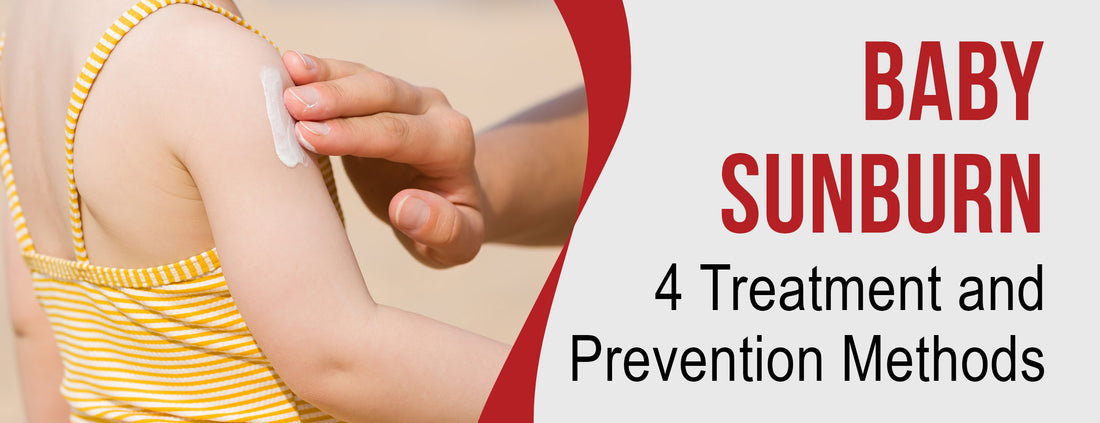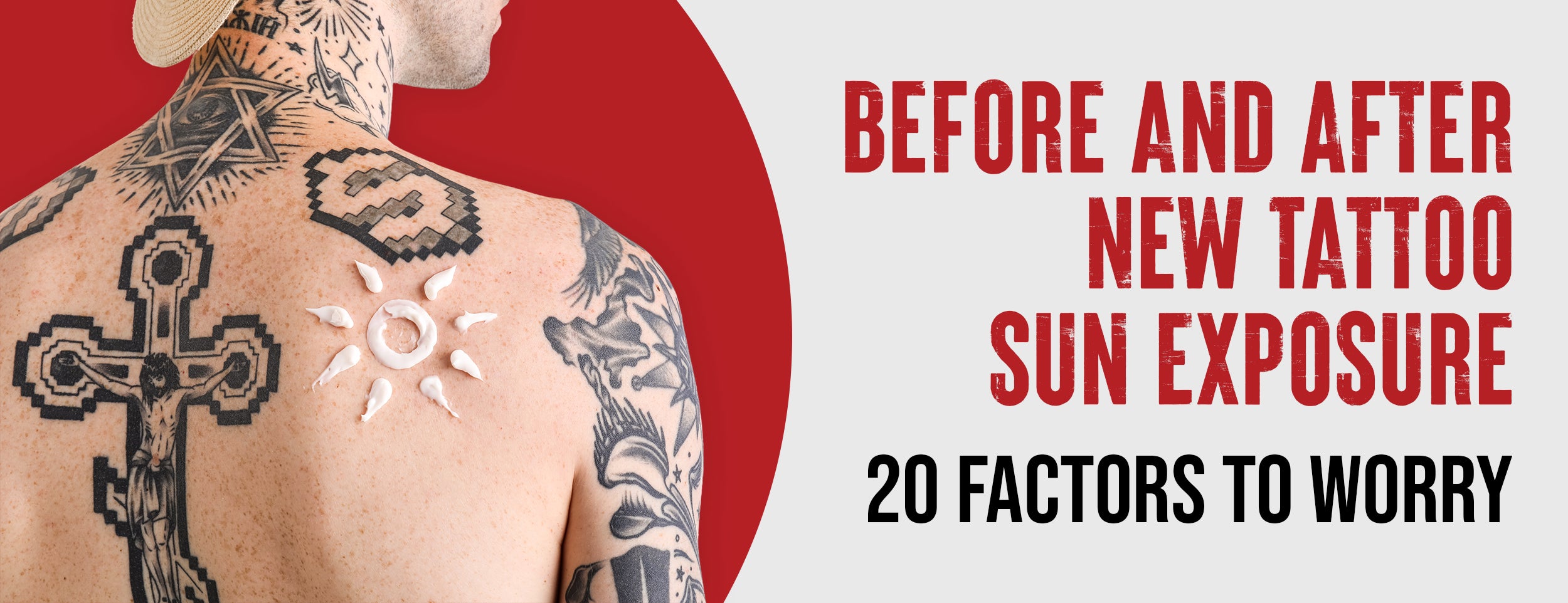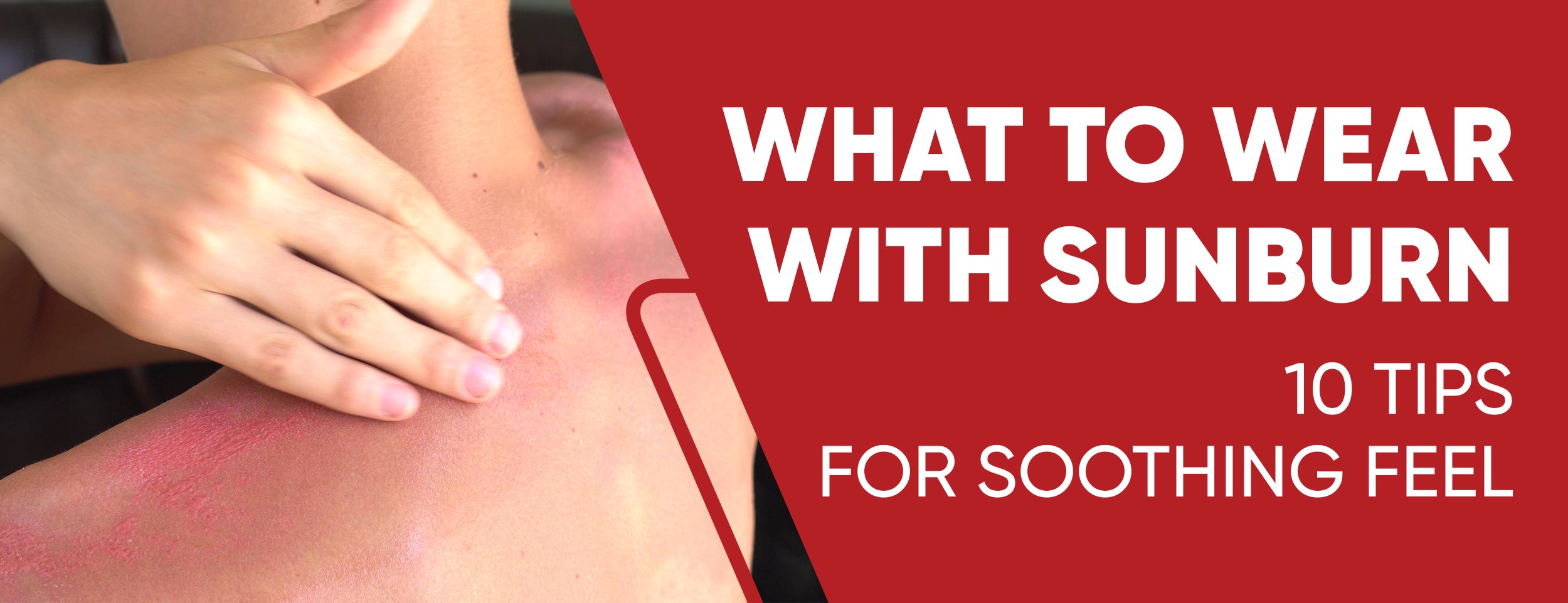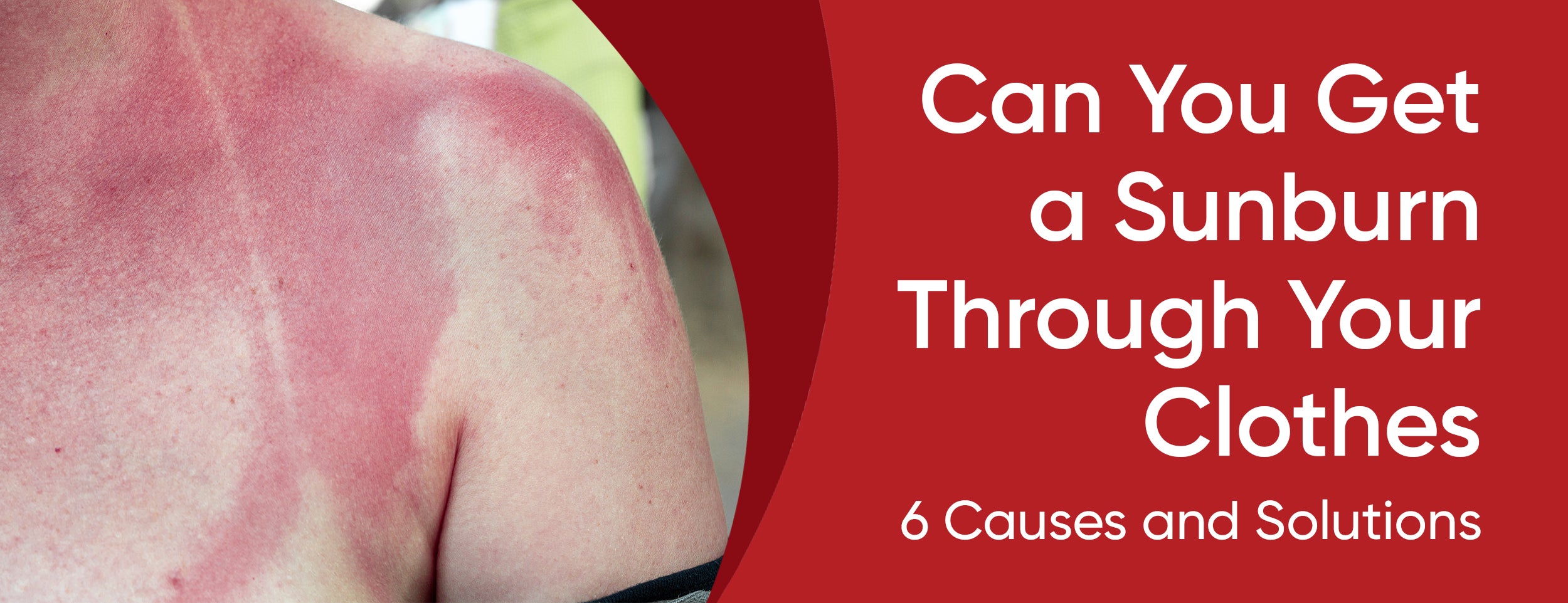Sunburn in babies can be severe and should be treated promptly to avoid long-term health issues.
You may apply cool compresses to the burnt areas or bathe the child in cool water to alleviate the symptoms. Acetaminophen can also be administered to relieve pain. Consult your pediatrician if you experience blisters, fever, chills, headaches, or other symptoms.
Baby sunburn is a painful skin condition resulting from exposure to ultraviolet or artificial rays. Prompt and appropriate treatment is paramount in combating baby sunburn.
In this post, we will discuss the best ways to treat baby sunburns, how to prevent them from happening in the first place, the risks associated with sunburns on babies, and when to seek medical attention for your child. By the end of this article, you'll better understand how to keep your baby's skin safe and healthy all summer.
Baby Sunburn Treatment and Prevention Methods

Let's discover effective methods for treating and preventing sunburn in babies. Safeguard your little one's delicate skin with simple and proven strategies. Keep your baby protected and comfortable under the sun's rays.
Baby Sunburn: 4 Treatment Methods
When your baby experiences sunburn, it's crucial to provide gentle and effective treatment to alleviate discomfort and promote healing. Here are some steps you can take:
Cool Compress, Baths, or Showers
A calm, damp cloth on the affected areas can relieve the skin. Lukewarm baths can also help lower the skin's temperature and reduce discomfort. Avoid using icy water, which could worsen the irritation.
Over-the-Counter Pain Relievers or Creams
Before using any over-the-counter pain relievers, consult a pediatrician to ensure their safety and appropriateness for your baby. Non-prescription creams containing low-concentration hydrocortisone may help with redness and itching. Always follow the guidance of your healthcare professional.
Aloe Vera Gels or Unscented Lotions
Opt for lotions or aloe vera gels without additional fragrances or potential irritants. Applying a thin layer to the affected areas can provide a cooling sensation and much-needed moisture to the skin. Avoid products containing alcohol, as they can contribute to skin dryness.

Avoid Tight Clothing or Abrasive Materials
Dress your baby in loose, breathable clothing made from gentle fabrics like cotton. This will help prevent further irritation and discomfort. Steer clear of abrasive materials and accessories that could exacerbate the sunburn. Choose clothing that covers the affected areas to shield them from additional sun exposure.
Baby Sunburn: 4 Prevention Methods
Protecting your baby's delicate skin from the sun's harmful effects is the best strategy. Here are preventive measures you can take:
Limit Sun Exposure
Keep your baby in shaded areas, especially between 10 a.m. and 4 p.m. when the sun's rays are strongest. Utilize items like umbrellas, canopies, or stroller covers to create shaded spaces outdoors.
Use Protective Clothing or Hats

Dress your baby in lightweight, long-sleeved clothing that covers their arms and legs. A wide-brimmed hat can effectively shade the face, ears, and neck from direct sunlight.
Regular Application of Sunscreens Recommended For Infants
Choose sunscreens designed for infants with a broad-spectrum SPF of 30 or higher. Before completing an application, perform a patch test on a small area of your baby's skin to check for any adverse reactions. Apply sunscreen 15-30 minutes before sun exposure and reapply every 2 hours or more frequently if sweating or in water.
Stay Hydrated and Keep Babies in The Shade
Ensure your baby stays well-hydrated, particularly on hot days. Create comfortable shaded areas for them to play and rest while outdoors.
Baby Sunburn: Risks and Emergency Cases
You'll learn about the dangers of baby sunburn and how to handle emergencies. We will dive deeper into the risks of baby sunburn and the emergency cases where immediate medical attention is needed.
Risks of Baby Sunburn
The following are some risks associated with baby sunburn:
Permanent skin damage: Baby's skin is susceptible and prone to burning quickly. While a sunburn may seem minor, it can cause lasting skin damage and increase the risk of skin cancer later in life.
Increased risk of skin cancer: Research shows that sunburn in childhood can double the risk of developing deadly skin cancer as an adult.
Photosensitivity or allergic reactions: Some babies may experience an adverse reaction to sun exposure, such as photosensitivity or an allergic reaction to sunscreen or other products.
Dehydration, fever, or shock: Sunburn can lead to dehydration, fever, and even shock, which can be life-threatening, especially in young babies.
Emergency Cases For Baby Sunburn

While most cases of sunburn can be treated at home, some situations require immediate medical attention. These include:
High fever or signs of infection: If your baby develops a high fever and sunburn, it may be a sign of a disease.
Severe pain or blistering: Blisters or severe pain indicate sunburn is more potent than a mild burn. Seek medical attention if your baby experiences these symptoms.
Difficulty breathing or swallowing: Severe sunburn can cause inflammation and swelling, leading to difficulty breathing or swallowing. Seek immediate help if your baby has symptoms like this.
Disorientation or seizures: Babies can experience disorientation following a severe sunburn. Seek emergency care if your baby exhibits any of these symptoms.
Sudden changes in skin color or texture: If you notice any sudden changes in your baby's skin, such as patches of discoloration or a change in texture or thickness, seek medical attention immediately.
Baby sunburn: Symptoms and Causes
The symptoms and causes of baby sunburn, which affects infants exposed to the sun's harmful rays, are explained here. We will discuss the symptoms of baby sunburn and the causes of this condition:

Symptoms of Baby Sunburn
The symptoms of sunburn in babies are similar to those in adults, but they may be more severe or difficult to detect due to the delicate skin of infants and toddlers. Here are the most common symptoms of baby sunburn:
Redness, Itching, or Pain: When a baby’s skin is exposed to the sun, it may become inflamed, resulting in redness, itching, or pain. The affected area may feel hot or tender to the touch.
Blisters or Swelling: In more severe cases of sunburn, blisters or swelling may develop. It is essential to avoid popping these blisters, as they can become infected and lead to scarring.
Fever or Chills: Sunburn can cause a baby’s body temperature to rise, resulting in fever or chills. If your baby is experiencing these symptoms, it is essential to seek medical attention.
Fatigue or Irritability: Dehydration can also cause a baby to feel tired or irritable. If your baby exhibits fatigue or irritability, offer plenty of fluids and rest.
Dehydration or Loss of Appetite: Sunburn can cause a baby to become dehydrated, leading to a loss of appetite. Offer fluids and nourishing foods to prevent dehydration.
Sunburn in Babies: 3 Causes

Sunburn in babies is primarily caused by exposure to ultraviolet (UV) radiation from the sun or artificial sources. Here are the leading causes of baby sunburn:
UV Rays Natural or Artificial: The most common cause of sunburn in babies is exposure to UV sunlight or artificial sources such as tanning beds.
Thin and Delicate Skin of Infants or Toddlers: The skin of infants and toddlers is much thinner and more delicate than that of older children and adults, making it more vulnerable to damage from the sun.
Constitutional or Genetic Factors: Some babies may be more susceptible to sunburn due to constitutional or genetic factors. For example, babies with fair skin or light hair may more likely to experience sunburn.
Conclusion
Sunburn is a painful and potentially damaging condition to infants and toddlers. We have explored the various treatment options, preventative measures, and risks of baby sunburn. Taking preventive measures such as limiting sun exposure, applying sunscreen, and wearing protective clothing is incredibly effective in avoiding sunburn in infants.
If a baby does get sunburned, prompt treatment through pain relievers and creams, aloe vera gels, and keeping the baby hydrated can provide relief. Baby sunburn can have long-lasting effects, including the increased risk of skin cancer. Awareness of the symptoms, risks, and treatment options is essential. Take care of your little ones this summer, and enjoy the sunshine knowing that you are prepared to handle baby sunburn appropriately.












![How to Cover Sunburn With Makeup: 15 Ideas [Easy Solutions]](http://drnumb.com/cdn/shop/articles/How_to_Cover_Sunburn_With_Makeup__15_Ideas_Easy_Solutions.jpg?v=1705581434)


